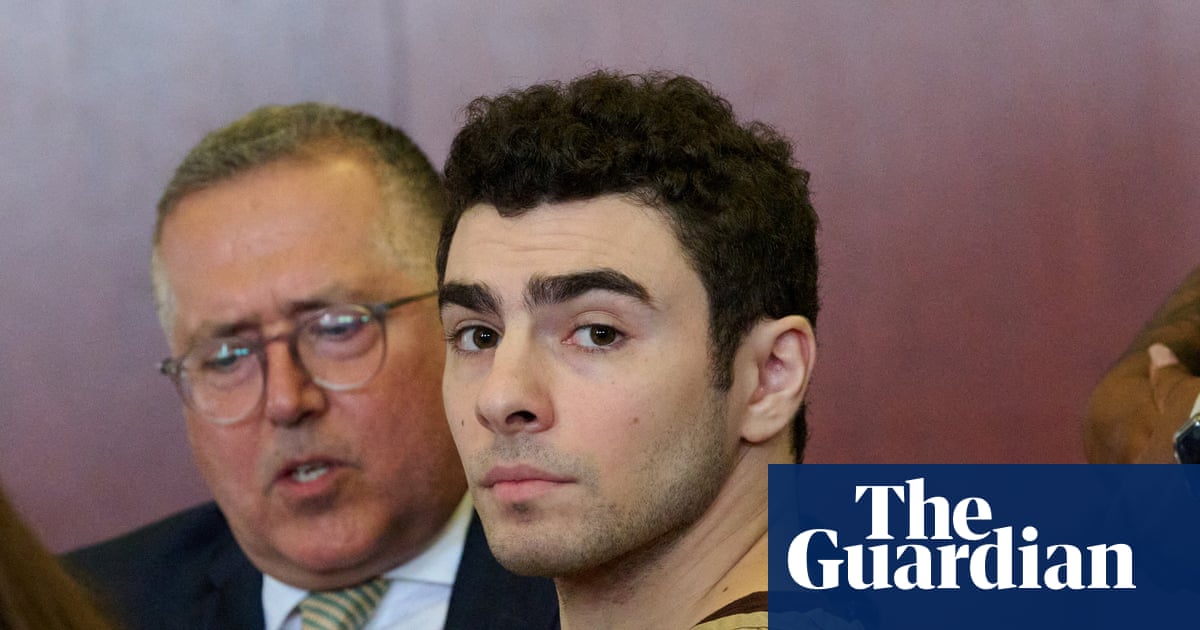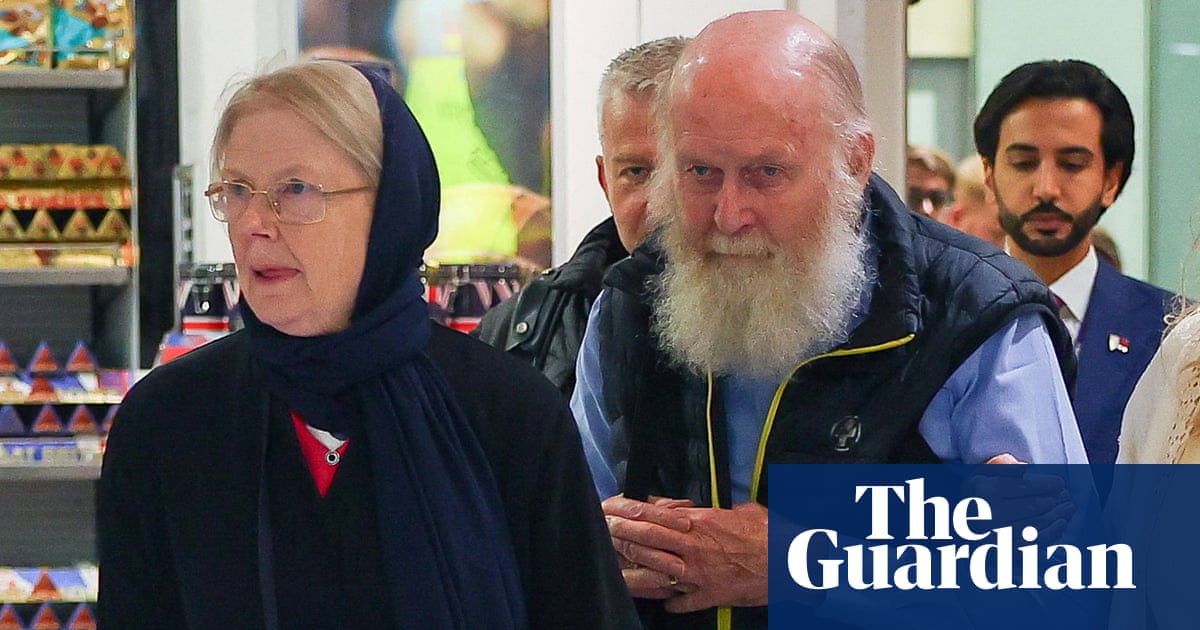Red Cross warns that Gaza’s health system is overwhelmed by casualties at aid distributions
The Red Cross has warned that a sharp surge in mass casualty incidents linked to aid distribution sites has overwhelmed Gaza’s healthcare system – which is pushing their already limited resources and capacity.
The International Committee of the Red Cross (ICRC) said in a statement that its field hospital in south Gaza recorded 200 deaths since the new aid distribution sites were launched in late May. The facility also treated more than 2,200 “weapon-wounded patients, most of them across more than 21 separate mass casualty events”, it added.
Among the wounded are toddlers, teenagers, elderly, mothers–and overwhelmingly, young men and boys who said they were trying to get food and aid for their families.
“The scale and frequency of these incidents are without precedent,” the ICRC said, adding that its field hospital had treated more patients since late May than “in all mass casualty events during the entire previous year”.
To cope with demand, it said that all its staff were now contributing to the emergency response effort:
Physiotherapists support nurses, cleaning and dressing wounds and taking vitals. Cleaners now serve as orderlies, carrying stretchers wherever they are needed. Midwives have stepped into palliative care.
Dr Sally, a Mental Health and Psychosocial Support (MHPSS) Field Officer at the hospital, said that young children are often extremely psychologically distressed from seeing their loved ones either be killed or wounded.
“One child, six years old, lost his mother, father, and sister,” she said. “He had only one remaining sister, and he himself was injured in his leg. He stayed three weeks in the denial phase and did not accept that his mother and father had been killed. I tried to work with him, offering psychological sessions to gradually help him accept the deaths of those in his family – even to express his feelings instead of repressing them.”
Last week, Rieke, an Irish physio who was deployed to Gaza, shared her experience at the hospital. She said “it was never a quiet day”, with “all hands” needed on deck at all times.
Hi, I’m Rieke, a physio from Ireland. I just finished a 6-week deployment to Gaza with the @ICRC. For the next 3 days, I'll post about my experiences at the Red Cross Field Hospital.
📸 Me & my youngest patient: Malek, a 6-month-old baby who was injured in an explosion. pic.twitter.com/4meooBj8Pe
Last month, the Israeli military launched an investigation into possible war crimes following growing evidence that troops have deliberately fired at Palestinian civilians gathering to receive aid in Gaza.
Key events Show key events only Please turn on JavaScript to use this feature
The IDF has issued a new evacuation order for the Khan Younis area in Gaza, instructing Palestinian who live there to head west as the no-go zone expands.
Col Avichay Adraee, the military’s Arabic-language spokesperson, wrote on X: “Due to terror activities in the area, the IDF with its maneuvering troops and intensive firepower is expanding actions in your area.”
#عاجل ‼️إلى جميع المتواجدين في منطقة خان يونس في بلوكات 107، 108، 109، 110، 111، 112، 8801، 8802، 8803، بما في ذلك السكان المتواجدين داخل الخيام في تلك المنطقة
⭕️في ضوء الأنشطة الإرهابية في المنطقة، يقوم جيش الدفاع بتوسيع عملياته من خلال القوات البرية المناورة وتفعيل النيران… pic.twitter.com/yMJs1R40yi
Red Cross warns that Gaza’s health system is overwhelmed by casualties at aid distributions
The Red Cross has warned that a sharp surge in mass casualty incidents linked to aid distribution sites has overwhelmed Gaza’s healthcare system – which is pushing their already limited resources and capacity.
The International Committee of the Red Cross (ICRC) said in a statement that its field hospital in south Gaza recorded 200 deaths since the new aid distribution sites were launched in late May. The facility also treated more than 2,200 “weapon-wounded patients, most of them across more than 21 separate mass casualty events”, it added.
Among the wounded are toddlers, teenagers, elderly, mothers–and overwhelmingly, young men and boys who said they were trying to get food and aid for their families.
“The scale and frequency of these incidents are without precedent,” the ICRC said, adding that its field hospital had treated more patients since late May than “in all mass casualty events during the entire previous year”.
To cope with demand, it said that all its staff were now contributing to the emergency response effort:
Physiotherapists support nurses, cleaning and dressing wounds and taking vitals. Cleaners now serve as orderlies, carrying stretchers wherever they are needed. Midwives have stepped into palliative care.
Dr Sally, a Mental Health and Psychosocial Support (MHPSS) Field Officer at the hospital, said that young children are often extremely psychologically distressed from seeing their loved ones either be killed or wounded.
“One child, six years old, lost his mother, father, and sister,” she said. “He had only one remaining sister, and he himself was injured in his leg. He stayed three weeks in the denial phase and did not accept that his mother and father had been killed. I tried to work with him, offering psychological sessions to gradually help him accept the deaths of those in his family – even to express his feelings instead of repressing them.”
Last week, Rieke, an Irish physio who was deployed to Gaza, shared her experience at the hospital. She said “it was never a quiet day”, with “all hands” needed on deck at all times.
Hi, I’m Rieke, a physio from Ireland. I just finished a 6-week deployment to Gaza with the @ICRC. For the next 3 days, I'll post about my experiences at the Red Cross Field Hospital.
📸 Me & my youngest patient: Malek, a 6-month-old baby who was injured in an explosion. pic.twitter.com/4meooBj8Pe
Last month, the Israeli military launched an investigation into possible war crimes following growing evidence that troops have deliberately fired at Palestinian civilians gathering to receive aid in Gaza.
Ceasefire may be reached, but it could take more than a few days to reach a deal - Israeli officials say
A ceasefire deal between Israel and Hamas can be bridged but it may take more than a few days to reach a deal, Israeli officials said today (8 July). This comes as indirect negotiations on a Gaza ceasefire between Israel and Hamas resumed in Qatar, and US president Donald Trump put pressure on Israeli prime minister Benjamin Netanyahu for a deal that would end the war.
The ceasefire proposal envisages a phased release of hostages, Israeli troop withdrawals from parts of Gaza and discussions on ending the war entirely. As Reuters reports, senior Israeli officials briefing journalists in Washington, said it may take more than a few days to finalize agreements in Doha but they did not elaborate on the sticking points. This comes as Palestinian sources said on Monday that there were gaps between the sides on the entry of humanitarian aid into Gaza.
Israeli minister Zeev Elkin, who sits in Netanyahu’s security cabinet, said that there was “a substantial chance,” a ceasefire will be agreed. “Hamas wants to change a few central matters, it’s not simple, but there is progress,” he told Israel’s public broadcaster Kan.
As the outlet states, Hamas has long demanded an end to the war before it would free remaining hostages; Israel has insisted it would not agree to end the fighting until all hostages are released and Hamas dismantled.
Here are some images coming to us over the wires:
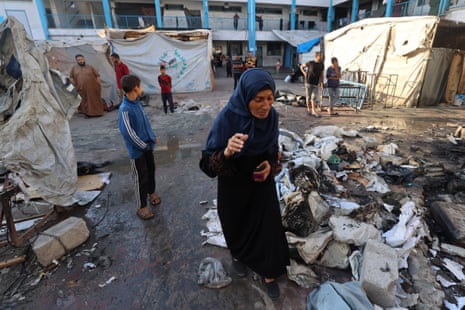
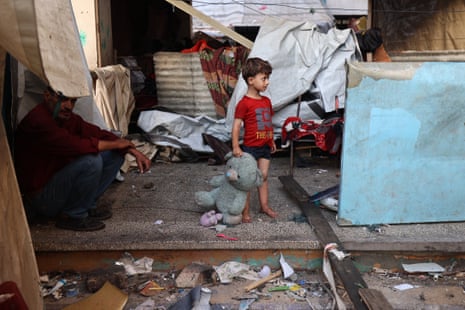
A third day of indirect negotiations on a Gaza ceasefire between Israel and Hamas, with a focus on withdrawal and aid, began in Doha today (8 July).
“Indirect negotiations are continuing this morning in Doha, with a fourth meeting being held… the discussions are still focused on the mechanisms for implementation, particularly the clauses related to withdrawal and humanitarian aid,” a Palestinian source tells AFP.

Gustavo Petro
In a new opinion piece for the Guardian, president of Colombia Gustavo Petro argues that governments have a duty to “stand up to Israel”, and criticises “passive” attitudes.
“If we fail to act now, we not only betray the Palestinian people, we become complicit in the atrocities committed by Netanyahu’s government,” he wrote. “Some governments have already stepped up. My government suspended coal exports to Israel, for example, recognising that economic ties cannot be divorced from moral responsibilities. South Africa, meanwhile, has taken Israel to the world’s highest court.
“And Malaysia has banned all Israeli-flagged cargo ships from docking at its ports. Without such decisive action, we risk turning the multilateral system into a talking shop, stripping the legal order of its remaining protections for small, developing and less privileged nations – from west Asia to right here in Latin America.”
The piece concludes that without decisive action, there is a risk of stripping the global legal order of its remaining protections for less-privileged nations.
He wrote: “For the billions of people in the global south who rely on international law for protection, the stakes could not be higher. The Palestinian people deserve justice. The moment demands courage. History will judge us harshly if we fail to answer its call.”
Opening summary
Hello and welcome to the Guardian’s continuing coverage of the crisis in the Middle East.
Israel’s defence minister has laid out plans to force all Palestinians in Gaza into a camp on the ruins of Rafah, in a scheme that legal experts and academics described as a blueprint for crimes against humanity.
As reported by the Guardian’s Emma Graham-Harrison, Israel Katz said he has ordered Israel’s military to prepare for establishing a camp, which he called a “humanitarian city”, on the ruins of the city of Rafah. It would involve Palestinians going through “security screening” before entering, and once inside would not be allowed to leave.
Eventually, the entire population of Gaza would be housed there, and Israel aims to implement “the emigration plan, which will happen”, Haaretz newspaper reported.
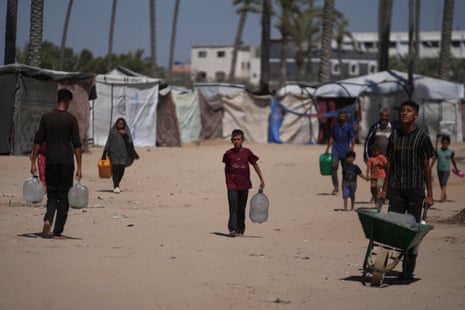
Elsewhere, Iran’s government has said at least 1,060 people have been killed in the war with Israel. Officials say that this figure could rise to 1,100, given how badly some people are wounded.
This figure comes from Saeed Ohadi, the head of Iran’s Foundation of Martyrs and Veterans Affairs, who spoke in a televised interview on late Monday (7 July) – according to AP News.
As the outlet reports, Iran downplayed the effects of Israel’s 12-day bombardment of the country, which decimated its air defences, destroyed military sites and damaged its nuclear facilities. However, since a ceasefire agreement was reached on 24 June, Iran slowly has been acknowledging the breadth of the destruction, though it still has not said how much military material it lost.
In other developments:
-
Israel’s far-right national security minister Itamar Ben Gvir calls on prime minister Benjamin Netanyahu to withdraw from talks with Hamas. As Times of Israel reports, he said: “We should not negotiate with those who kill our soldiers. They should be crushed to pieces, starved to death, and not resuscitated with humanitarian aid that gives them oxygen.”
-
The Israeli military says five soldiers were killed in an attack in northern Gaza, while health officials in the Palestinian territory say 18 people were killed in Israeli strikes.

 2 months ago
83
2 months ago
83







